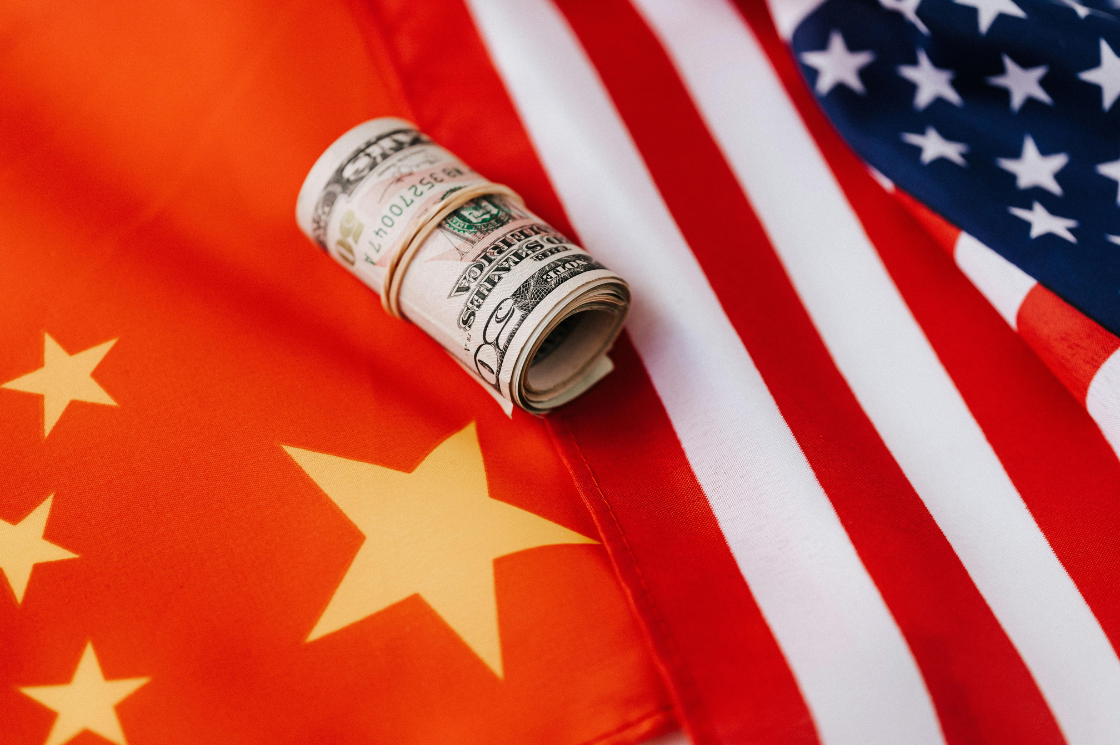
(Photo : Pexels)
The Biden administration has announced plans to increase tariffs on Chinese solar wafers, polysilicon, and certain tungsten products to support U.S. clean energy businesses.
According to a notice from the U.S. Trade Representative's (USTR) office, tariffs on Chinese-made solar wafers and polysilicon will rise to 50%, while duties on specific tungsten products will increase to 25%. These changes will take effect on January 1, following a review of China's trade practices.
"The tariff increases announced today will further blunt the harmful policies and practices by the People's Republic of China," USTR Katharine Tai stated. "These actions will complement the domestic investments made under the Biden-Harris Administration to promote a clean energy economy, while increasing the resilience of critical supply chains."
Last week, Washington imposed stricter restrictions on China's access to advanced semiconductor technology. In response, Beijing banned exports of key minerals essential for producing computer chips, such as gallium, germanium, and antimony, while also increasing its export controls on graphite shipments to the U.S.
China is a dominant supplier of these materials, prompting the United States to explore alternative sources in regions like Africa and other parts of the world.
Tungsten, another strategically crucial metal heavily controlled by China, is not produced in the U.S. It is vital for manufacturing armaments, as well as industrial applications like x-ray tubes and light bulb filaments.
Trump vs. China: High Stake Tariffs in Action
The U.S.-China trade war continues to shape global economic dynamics, now with renewed intensity as Donald Trump begins his second term. Throughout his first presidency, Trump imposed substantial tariffs on Chinese imports to address trade imbalances and curb reliance on China. Following his re-election, Trump has vowed to escalate measures, including a sweeping 60% tariff on all Chinese goods. This aggressive stance underscores his administration's focus on protecting U.S. industries and countering China's influence. These policies are expected to significantly impact global supply chains and intensify the competition between the world's two largest economies.
Geopolitical Implications
The escalating U.S.-China trade war carries significant geopolitical implications, reflecting the intensifying rivalry between the two superpowers. Tariffs, export bans, and restrictions on critical materials highlight a broader struggle for technological and economic dominance. China's control over vital resources like tungsten and gallium positions it as a key player in global supply chains, while the U.S. seeks to diversify sources and reduce reliance on Chinese imports. This conflict also impacts alliances, as the U.S. deepens partnerships with resource-rich regions like Africa, while China strengthens its Belt and Road Initiative. The economic confrontation highlights a shifting global order marked by fragmentation.









